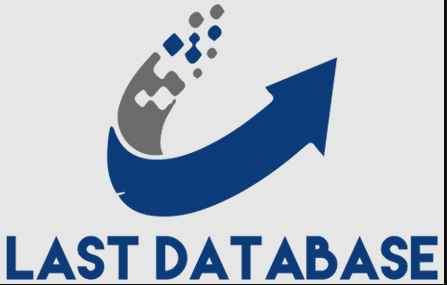In the fast-paced world of digital marketing. Businesses continually seek the most effective strategies to connect with their target audience and drive results. Email marketing has long been a popular and reliable tool, but some may question its worth in the face of newer marketing channels. This article explores the benefits of email marketing and why it remains a valuable and worthwhile investment for businesses.
Cost-Effectiveness and High ROI:
Heading 1: Maximizing Marketing Budget
One of the significant advantages of email marketing is its cost-effectiveness. Compared to traditional advertising channels like print and television, email marketing offers a more affordable way to reach a large audience. Businesses can save on printing and distribution costs Korea Email list while targeting specific customer segments through email lists.
Moreover, email marketing boasts a high return on investment (ROI). According to industry reports, the average ROI for email marketing is around 4,200%, meaning businesses can generate a substantial return for every dollar invested in their email campaigns.
Direct and Personalized Communication:
Heading 2: Engaging with the Audience
Email marketing allows businesses to communicate directly with their audience. Emails are delivered straight to the recipient’s inbox, providing a personal and targeted way to share promotional messages, updates, and valuable content.
Personalization plays a crucial role in email marketing’s success. By segmenting email lists based on customer preferences and behavior, businesses can deliver tailored content that resonates with recipients. Personalized emails lead to higher open rates, click-through rates, and overall engagement.
Data-Driven Decision Making:
Heading 3: Analyzing Campaign Performance
Email marketing provides businesses with valuable data and insights to optimize their campaigns. By tracking metrics such as open rates, click-through rates, and conversion rates, marketers can gauge the effectiveness of their email efforts and make data-driven decisions.
Through A/B testing, businesses can experiment with different elements in their emails, such as subject lines and content, to identify the most effective strategies for engaging their audience.
Nurturing Customer Relationships:
Heading 4: Fostering Customer Loyalty
Email marketing is an excellent tool for nurturing customer relationships. By sending regular updates, exclusive offers, and valuable content, businesses can stay top-of-mind and maintain B2B Lead ongoing engagement with their audience.
Emails can also be used to seek feedback, address customer inquiries, and provide personalized customer support, fostering a sense of trust and loyalty.
Conclusion:
Email marketing continues to prove its worth as a valuable and effective marketing strategy.







